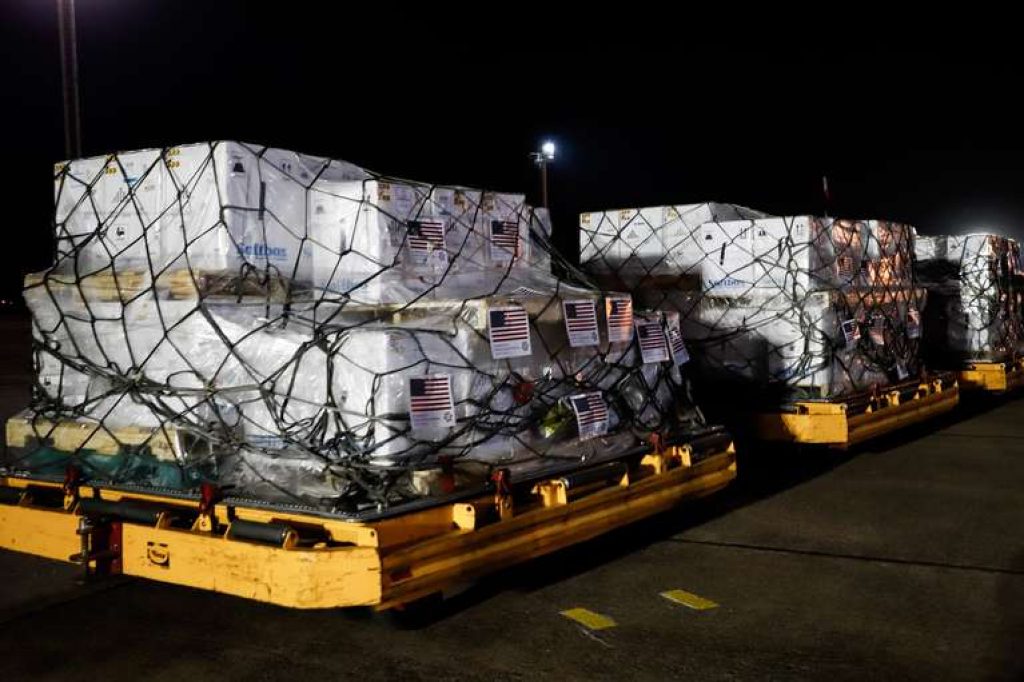Nicaragua disbursed 15.8 million dollars to make its first purchase of vaccines against covid-19 that have the approval of the World Health Organization (WHO), when acquiring doses of the AstraZeneca formula, according to the Nicaraguan Government this Saturday.
The Central American country received a 50% advance on said purchase yesterday afternoon, Friday, which consisted of 1.25 million doses of AstraZeneca, according to official information.
Although Nicaragua had already applied the AstraZeneca, Pfizer, and Covishield formulas, which have been approved by the WHO, these had arrived in the country through donations from countries such as Canada, Spain, the United States, France, India, or through the Covax mechanism. , which guarantees medicines to poor countries, as well as a dose loan from Honduras.
Until now, Nicaragua, which since 2020 announced that it has a fund of 100 million dollars for the acquisition of vaccines against covid-19, had dedicated these resources to the purchase of formulas that have not yet been approved by the WHO, such as those of Russian origin Sputnik V and Sputnik Light, or the Cuban Abdala and Soberana 02.
All the formulas received in Nicaragua have served to inject 75% of the population over two years of age, according to government statistics.
However, the Pan American Health Organization (PAHO) placed Nicaragua’s vaccination process in a coverage range that goes from 35.7% to 38.6%, and that places it among the most lagging countries in America.
The covid-19 pandemic has left 215 dead and 17,411 infections, according to the Nicaraguan Ministry of Health.
For its part, the Covid-19 Citizen Observatory network of doctors has reported 5,964 deaths from pneumonia and other symptoms of the pandemic, as well as 31,269 suspected cases.
The Government of Nicaragua maintains its position of not establishing social measures to prevent the spread of the pandemic and of promoting agglomerations so as not to affect the economy, which has generated criticism, as well as PAHO’s concern.
